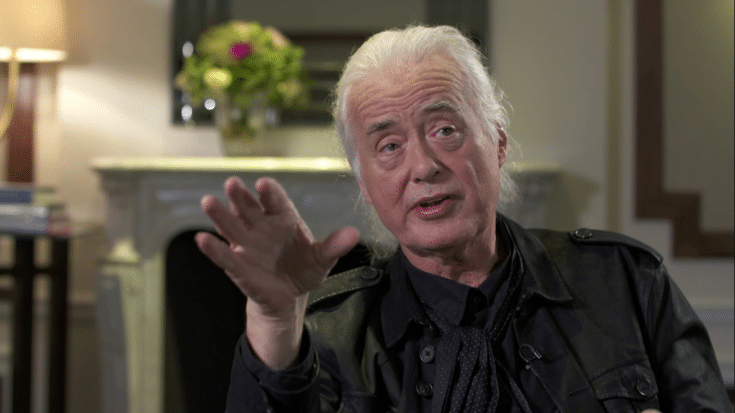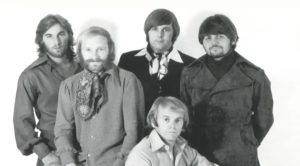The Story Behind Jimmy Page and Eric Clapton’s Feud Explored

via Academy of Achievement / YouTube
During the exciting ‘Swinging Sixties’ music scene in London, guitar legends Eric Clapton and Jimmy Page became famous. They were friends, rivals, and faced a bit of betrayal. This era was known for new music ideas and a tight-knit community, propelling Clapton and Page to fame in their own ways.
Eric Clapton, having honed his skills with The Yardbirds, embarked on a musical career by joining John Mayall & The Bluesbreakers in 1965.
His ventures didn’t end there, as he co-founded the psychedelic powerhouse Cream in 1966 alongside Jack Bruce and Ginger Baker. On the other side of the spectrum, Jimmy Page, initially a sought-after session guitarist, found himself in The Yardbirds in 1966. Two years later, he formed Led Zeppelin, previously known as The New Yardbirds.
The connection between Clapton and Page went beyond shared experiences in The Yardbirds. When Clapton departed from the band, he recommended Jimmy Page as his replacement. However, Page, content with his lucrative career as a session guitarist, suggested Jeff Beck for the role instead. Despite this, the two guitarists remained friends, with Page describing their relationship as “arch-buddies.”
View this post on Instagram
Page’s decision not to join The Yardbirds was influenced by a sense of respect for Clapton
Considering the internal politics surrounding his departure. During Clapton’s stint with The Bluesbreakers, Page and Clapton continued their jam sessions on the side, recording blues standards with new distortion effects. These recordings would later become a source of contention that strained their friendship.
Page, producing a recording session for John Mayall & The Bluesbreakers during the same period, found himself in a tight spot. Andrew Loog Oldham, The Rolling Stones’ manager and owner of Immediate Records, insisted on acquiring the jam session tapes due to contractual obligations. Page protested, arguing that the recordings were variations of blues structures, but Oldham pushed forward.
“I argued they couldn’t put them out because they were just variations of blues structures” – Jimmy Page
View this post on Instagram
Oldham’s decision to release the tapes, featuring overdubs by three Rolling Stones members, including Mick Jagger, became a breaking point.
The release not only caused financial disputes but also led to a breach of trust between Page and Clapton. According to biographer George Case, Clapton felt a sense of “mistrust” towards Page, marking the beginning of a feud.
Despite sporadic joint appearances at concerts, such as the 1983 Ronnie Lane benefit show, the status of their relationship remains ambiguous. The lingering bitterness from the contractual dispute and release of the contested recordings has left an enduring stain on the friendship between these two guitar virtuosos.
The story of Jimmy Page and Eric Clapton’s feud highlights the complexities of friendships in the tumultuous world of the music industry, where artistic collaboration can give way to contractual disputes and strained relationships.











